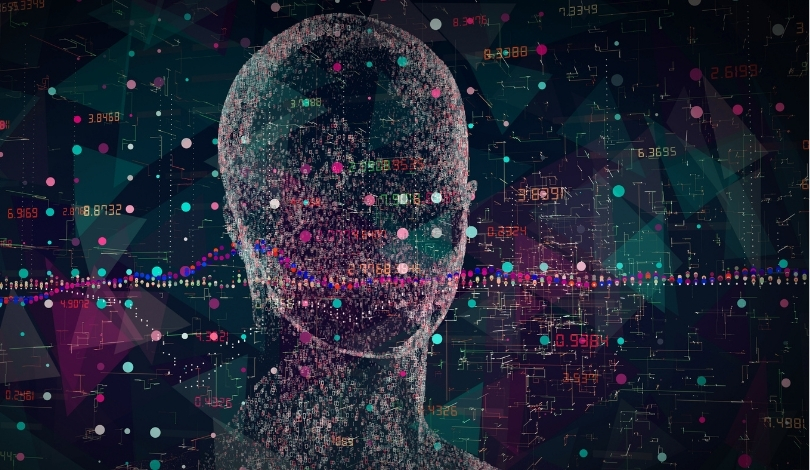In his address at the AI Action Summit in Paris, Sundar Pichai, CEO of Google, emphasized the company’s dedication to advancing artificial intelligence while mitigating associated risks. Highlighting ongoing projects and future plans, Pichai underscored Google’s role in shaping the AI landscape. His comments reflect a strategic vision aimed at integrating AI responsibly into various sectors.
This year’s summit marked a shift from previous events that predominantly showcased technological advancements. The current discourse equally emphasized the societal implications of AI, indicating a more holistic approach within the industry. This broader focus aligns with growing public concerns about the ethical use of artificial intelligence.
Addressing AI Risks and Opportunities
“The biggest risk could be missing out,”
Pichai remarked, acknowledging the potential downsides of AI such as job displacement and misinformation. He argued that letting fear impede progress could prevent the realization of AI’s full benefits. Pichai also reflected on historical technological apprehensions, noting that innovations often lead to positive societal transformations.
Google’s AI Achievements and Contributions
Google continues to lead in AI research through its DeepMind division, which developed AlphaGo—the AI system that defeated Go champion Lee Seedol in 2016. Additionally, Google researchers authored the influential paper “Attention is All You Need,” introducing transformer-based models that have revolutionized natural language processing. Pichai highlighted that Google’s AI publications are cited three times more frequently than those from other institutions, demonstrating the company’s significant impact on the field.
Future Investments and Global Accessibility
Looking ahead, Google intends to expand its “deep research” initiatives, which involve autonomous information gathering and analysis for users. The company announced a $75 billion investment in AI for the current year, contributing to an anticipated $300 billion across Silicon Valley in 2025. Furthermore, Pichai emphasized the importance of bridging the digital divide, advocating for AI technologies to be accessible globally to ensure equitable benefits.
These comprehensive strategies illustrate Google’s commitment to not only advancing AI technology but also addressing the ethical and accessibility challenges it presents. By investing heavily in research and promoting inclusive access, Google aims to foster a balanced AI ecosystem that benefits a diverse range of users worldwide.










